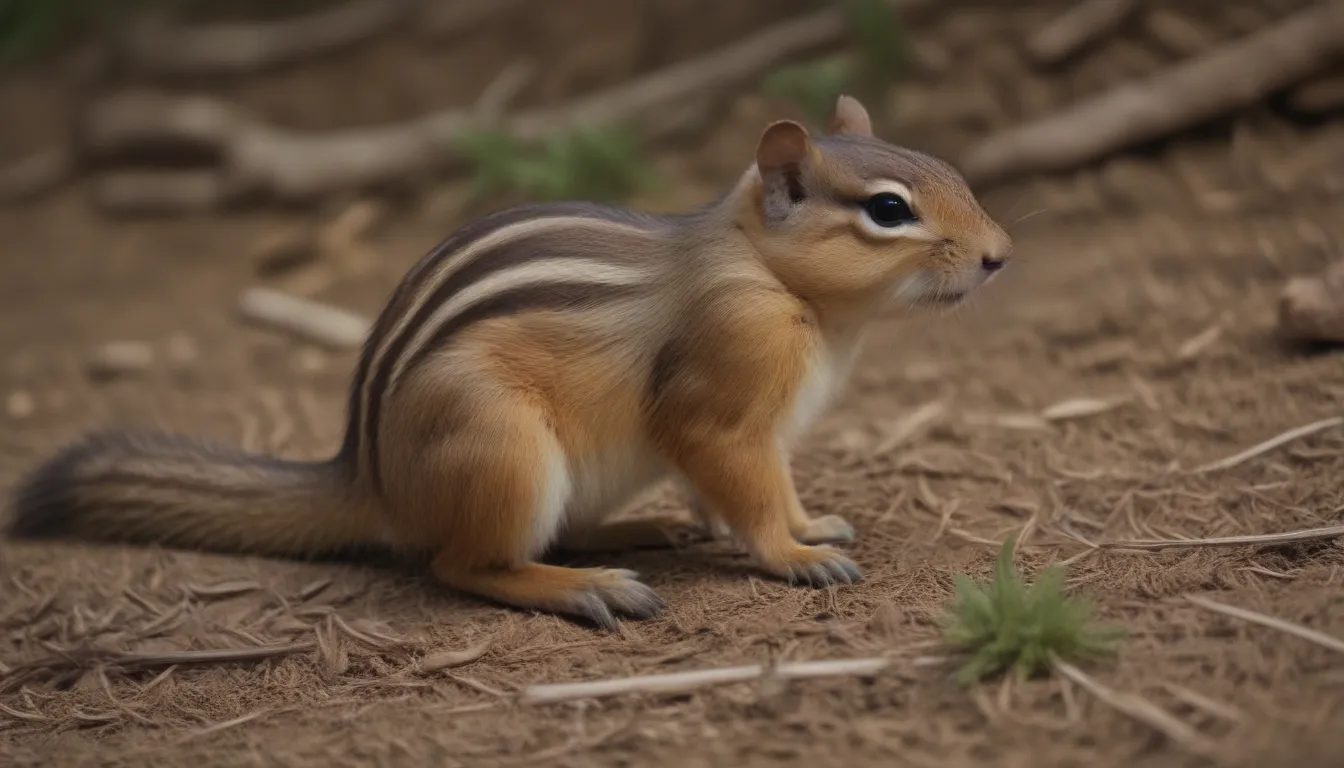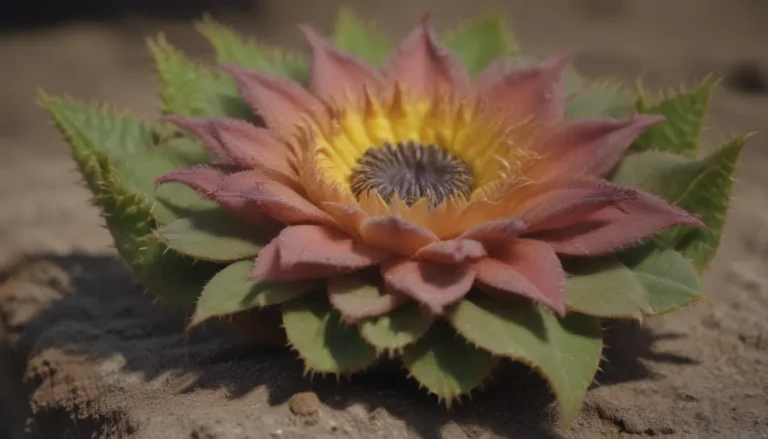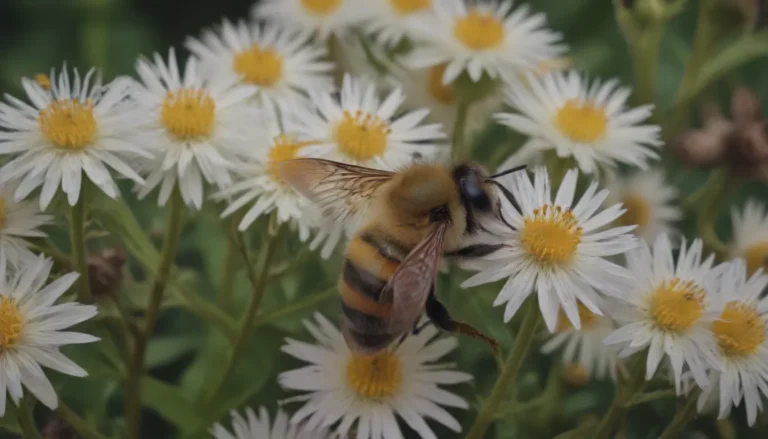Effective Ways to Safely Get Rid of Chipmunks in Your Yard

If you’ve ever had the pleasure of spotting a chipmunk scurrying across your yard, you know just how adorable these little creatures are. However, as cute as they may be, chipmunks can cause a lot of damage to your garden, bird feeders, and even your home’s structure if left unchecked. Fortunately, there are humane and effective ways to deal with chipmunks without causing harm to these furry little critters.
What Does a Chipmunk Look Like?
Before we dive into how to get rid of chipmunks, let’s take a closer look at what these creatures actually look like. Chipmunks are small rodents with chubby cheeks, measuring about 5 to 6 inches in length and weighing just a couple of ounces. They are easily recognizable by the two white stripes down their backs, flanked by dark brown or black stripes, as well as their high-held tails as they scamper about.
Signs of Chipmunk Infestation
Chipmunks are not shy about making their presence known. Outdoors, you may spot them scurrying around or come across the tunnels they build. Chipmunk tunnels are only about 2 to 3 inches wide and are flush with the ground, with no mounds of dirt surrounding the hole. If chipmunks find their way indoors, you may hear scratching noises, though they prefer to nest outdoors.
6 Ethical Ways to Get Rid of Chipmunks
When it comes to dealing with chipmunks, there are several humane methods you can try to encourage them to relocate without causing harm.
Build Barriers
To prevent chipmunks from causing damage to your yard or home, consider making some changes to deter them from the area. Simple modifications can help reduce chipmunk presence and protect your property.
Use Repelling Scents
While there are no specific repellents registered for use against chipmunks, there are repellents designed to deter squirrels that may also work on chipmunks. You can also try using natural scents that chipmunks find unpleasant, such as peppermint, to keep them at bay.
Trap and Release Them
If you have a persistent chipmunk problem, trapping and relocating the animals may be a viable solution. Ensure that you check local laws and regulations before attempting to trap and relocate chipmunks, as it may not be legal in all areas.
Plant Aversive Flowers
Planting flowers that chipmunks dislike can help protect your garden from these pests. Bulbs such as daffodils and hyacinths are known to be unappealing to chipmunks and can help deter them from feasting on your plants.
Protect Your Bird Feeders
Chipmunks are attracted to spilled seeds from bird feeders, so taking steps to keep them away can help prevent damage to your feeders. Consider using baffles or elevated feeders to keep chipmunks at bay.
Clean the Yard
Keeping your yard clean and free of debris can make it less attractive to chipmunks. Tidy up and remove any potential hiding spots or sources of food to discourage chipmunks from sticking around.
What Attracts Chipmunks?
Chipmunks are drawn to areas with abundant food sources, which is why they may find their way into your yard or home. It’s important to be mindful of what might be attracting chipmunks to your property and take steps to address these factors to deter them from sticking around.
Chipmunks are known to dig extensive tunnels for nesting and can be found in groups of up to 20 individuals in a backyard. While they may bear several offspring each year, the young chipmunks are forced to seek out their own territories after about 10 weeks.
During the colder months, chipmunks remain dormant in their burrows, emerging in the spring to forage for food. Chipmunks can carry diseases, so it’s important to take measures to keep them away from your home and family.
Dealing with Chipmunks Responsibly
Chipmunks may be cute, but they can wreak havoc on your yard and home if left unchecked. By taking proactive steps to deter these pests in a humane way, you can protect your property and the well-being of chipmunks at the same time. Remember to always follow local regulations and guidelines when dealing with wildlife on your property to ensure a safe and peaceful coexistence.





